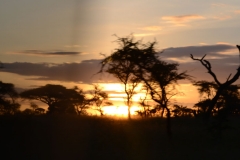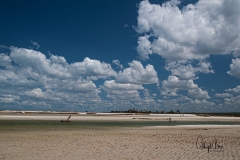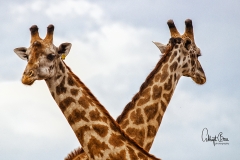










Katavti, is about 35km southwest of Mpanda, is Tanzania’s third-largest national park and one of its most unspoiled wilderness areas. For travellers seeking an alternative to more popular destinations elsewhere in the country, it is high-adventure, rugged safari experience with Safari Solutions Limited.
Katavi’s predominant feature is its enormous flood plain, the vast, grassy expanses of which covermuch of the northern section of the park.
The park comes to life in the dry season, when the river and lakes dry up and huge herds of buffaloes, elephants, lions, zebras, giraffes and many more make their way to the remaining pools and streams. At these times it’s hard not to feel that you’ve reached the heart of africa, vast, uncountainable and pulsing to the primeval rhythms of the wild.
Tourist Attraction
Katuma Bush Lodge has been designed to blend in with its surroundings to avoid distraction from the beauty of Katavi. The Lodge underwent a full refurbishment in 2011 but retains an African simplicity and is an idyllic base for exploring the spectacular wildlife of this remote and wild Park.
The brand new Mess area consists of a comfortable guest lounge, a spacious dining facility and spectacular viewing and swimming pool deck. The central fireplace on the main deck creates a warm and inviting ambience allowing our guests to arrive as strangers but leave as friends.
Meals are freshly flavoured, aromatic and accompanied with tropical fruits and juices. On the last evening of your stay, a barbecue will be served under the shade of tamarind trees, so you can reflect on the unforgettable experiences you’ve had at Katavi while watching the sun setting over the plains.
Katavi wildlife camp is very exclusive and located in the best game area at Ikuu on the bank of the Katuma river opening out on to the biggest plain – Katisunga which is the middle of the 3 main plains that forms Katavi making both lake katavi and lake Chada accessible from the camp.
Katavei Wildlife Camp has 8 guest tents with King size beds, including 5 double beds abd 3 twins set on platform under woven Plam Thatch.